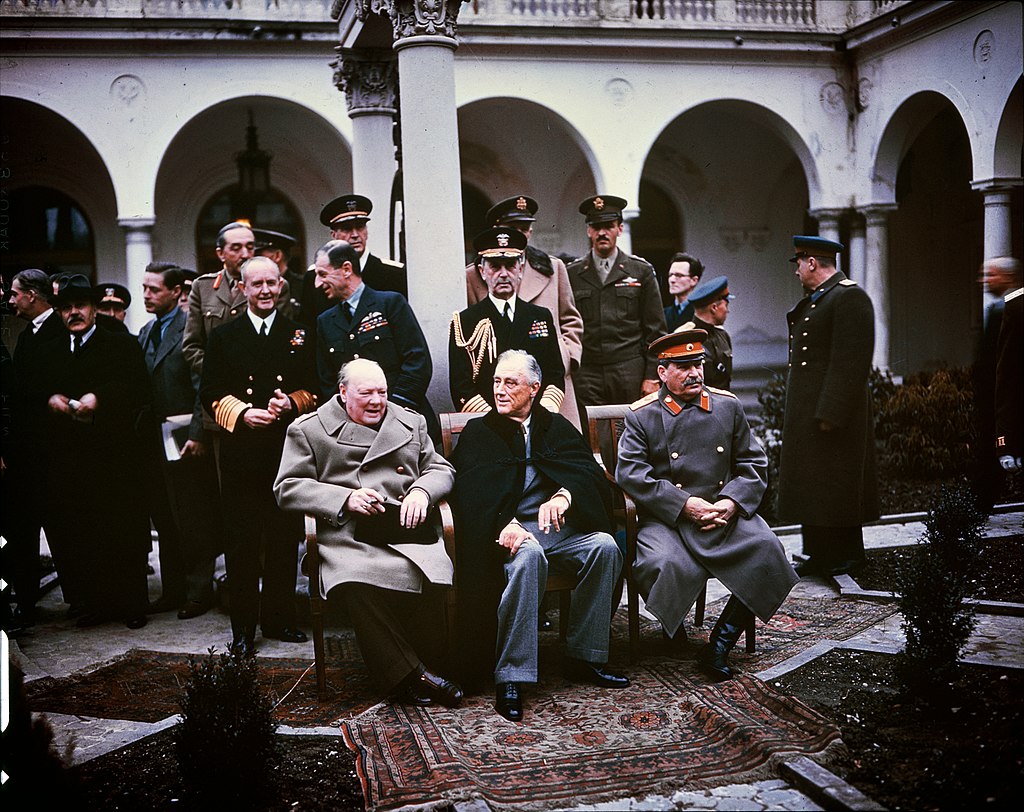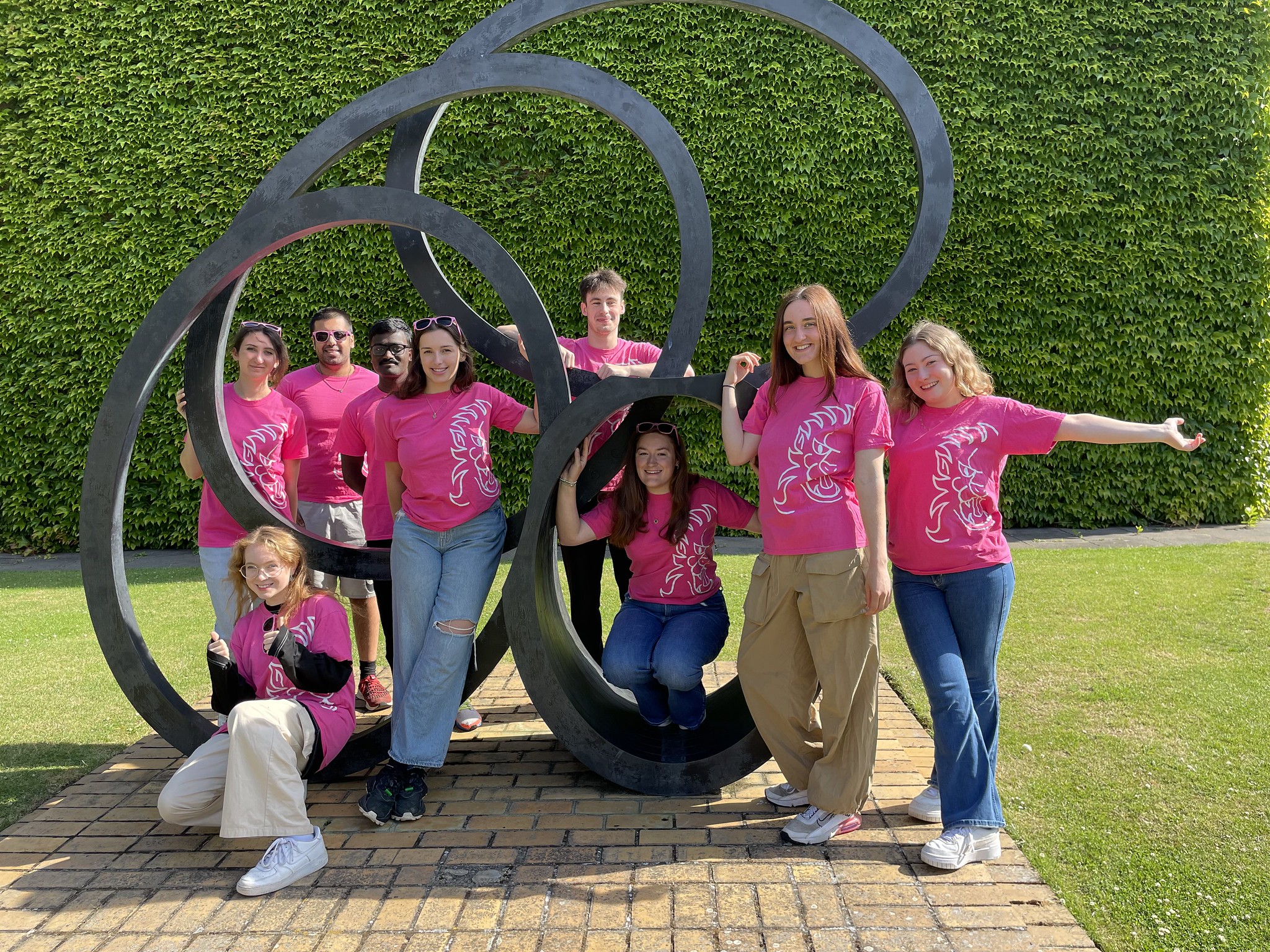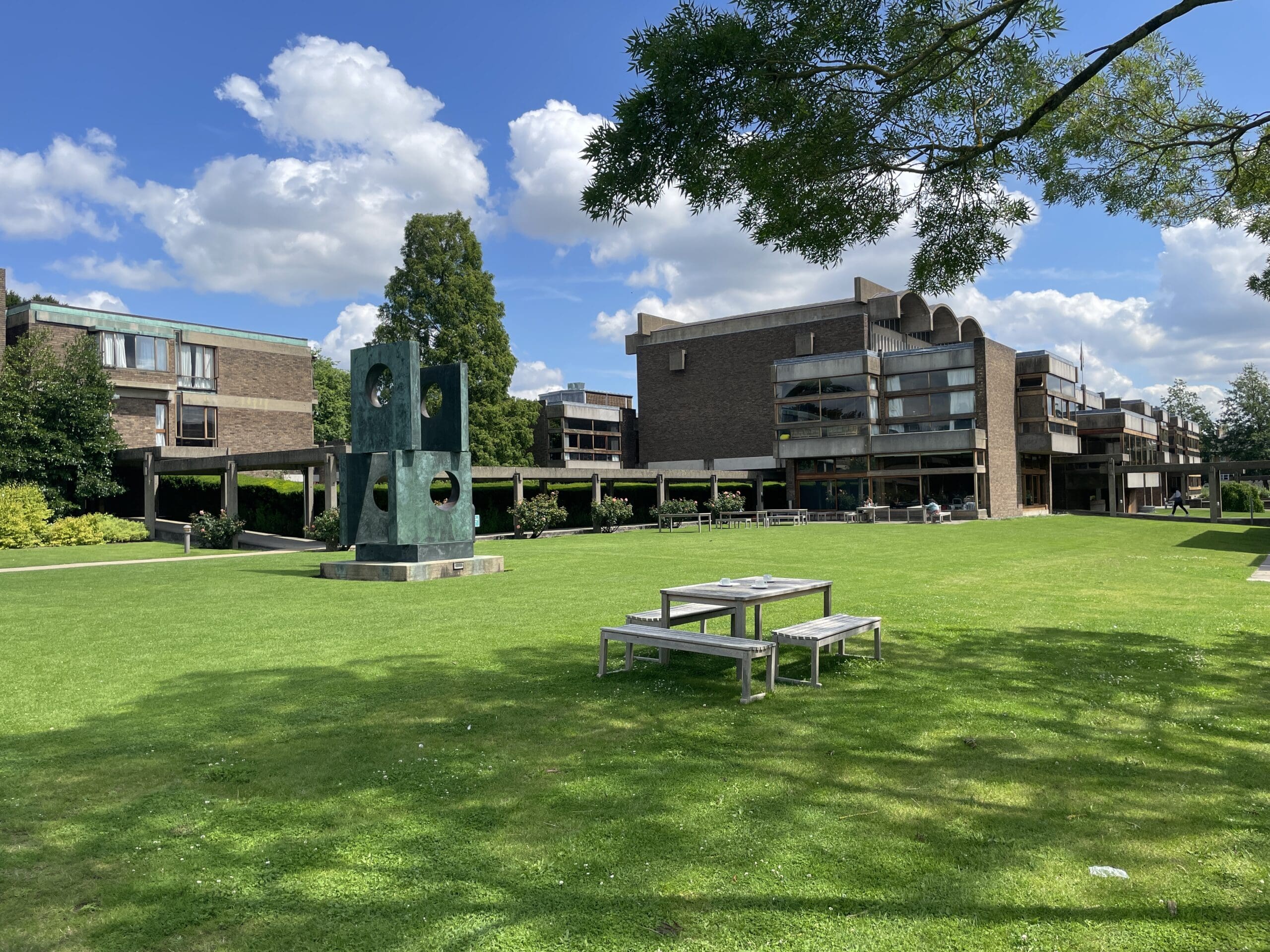
History
History students at Churchill can expect to draw upon considerable strengths of expertise and experience in teaching and research. These include Archives Centre staff, numerous postgraduate History students, one or more Junior Research Fellows, and usually a handful of Visiting Fellows. Amongst the teaching staff, History at Churchill is represented by Fellows who all have a strong commitment to social, economic, political, and cultural history.
For the first two years of the course you will tackle such problems, weighing up the validity of historical sources: the scribal, the literary, the visual, the oral. By your third year you will reach the frontiers of professional historical research in a Special Subject using primary sources, or in a dissertation based on your own archival research – perhaps using papers in the Churchill Archives Centre.
Churchill sets the highest standards and expects the greatest degree of commitment from its students, while providing the best quality teaching and guidance. At the same time, this is a friendly and relaxed environment in which to live and learn, where you will feel enthused and energized into studying, not stressed and intimidated.
Entry Requirements
Course-specific information, including the University’s minimum offer level, can be found by selecting your course from the University’s Course List then looking at the “Entry Requirements” tab. The University’s Entrance Requirements and International Entry Requirements webpages may contain guidance relevant to you too.
At Churchill, we want to admit undergraduates who will thrive during their time here, so – in their interests – we tend to set conditional offers in line with the typical attainment of Cambridge entrants, by course. On average, this allows us to make a relatively generous number of offers per place, but it also means that our requirements are usually a little more rigorous than the University’s minimum offer level.
You can learn more about the academic profiles of Churchill entrants and our approach to setting conditional offers on our undergraduate applications page.
Admissions assessment
Churchill does not use a written assessment in History.
Interview
The role of academic interviews in Churchill’s admissions process is explained on our interviews page. In History, our conversations focus very much upon your own interests. You will be allowed time beforehand to study a short passage of historical or related writing for discussion, but we are interested only in your reaction to this, not your ability to date it or identify its provenance – interviews are not oral examinations to test knowledge. We understand that interviews may be nerve-racking so we will do what we can to put you at your ease and help you show yourself in the best light.
Resources
You may find it useful to do some preparatory reading, and — most importantly — to think about what you have read. Here are some suggestions:
John Tosh, The Pursuit of History (1991) — 2002 revised edition
John Arnold, History: a Very Short Introduction (2000)
Peter Burke (ed.), New Perspectives on Historical Writing (1991)
David Cannadine (ed.), What is History Now? (2002)
E. H. Carr, What is History? (1961) — 2002 edn, introduced by Richard Evans
Richard J. Evans, In Defence of History (1997)
Arthur Marwick, The New Nature of History (2001) — replacing old editions
Director of Studies

Dr Leigh Denault
Careers
The range of careers open to History graduates is vast and varied. Some of Churchill’s recent History graduates have secured management training contracts or have taken law conversion courses after graduation. Others have gone into teaching, and at least one has stayed on to further his historical research at doctoral level. Three years studying History at Churchill is about much more than just gaining a degree. The effects the experience will have on your thinking, your personality, and your outlook on life are likely to be profound and will last forever.
Studying History at Churchill College
Historians try to reconstruct the lives, minds, and cultures of people in the past, and historians at Churchill are no exception. Studying History here involves imagination and a good measure of scepticism, requiring you to keep questioning and testing the limits of what we can reasonably know about other societies and eras. These are questions you can explore on a broad canvas: examining the experiences of the powerful and the weak; imagining long-lost mental worlds, whether political, philosophical or mystical; from empires to cities to villages; in Mexico, Mozambique, or Manchester. You can investigate why people killed for Christ in the Crusades, why they hunted witches in the seventeenth century, why they voted for Thatcher in the 1980s, or what the Victorians thought about sex. These diverse topics all present searching problems about how we should understand our ancestors and ourselves in time. Churchill sets the highest standards and expects the greatest degree of commitment from its students, while providing the best quality teaching and guidance. At the same time, this is a friendly and relaxed environment in which to live and learn, where you will feel enthused and energized into studying, not stressed and intimidated.
The life of a successful Cambridge History student is a very busy one. You will be expected to attend up to eight lectures a week and participate in one or two classes (for which preparation is necessary); and each week you will have to read extensively and intensively on a specific subject and write an essay. This essay (typically 2000 words in length) is not formally assessed as it might be at other universities. Rather, it forms the basis for discussion in your weekly supervision. Your supervisor will be less interested in what you know than in the ideas thrown up by your reading.
No Cambridge college is able to depend entirely on its Fellowship in History to supervise all of its own undergraduates. The demand for variety within the Tripos will always exceed the specialisms of the teaching staff and it is common for students be sent to supervisors at other colleges to be supervised. Students will also spend a great deal of time in departmental and University libraries, and attending lectures and classes at the Faculty. Cambridge is one of the world’s great History faculties with over 100 academics who publish world-class research. Many have won prestigious prizes for their work
Full course details are provided on the Faculty’s Prospective Undergraduates webpage and the University’s Undergraduate Study webpage.
You may also be interested in:



